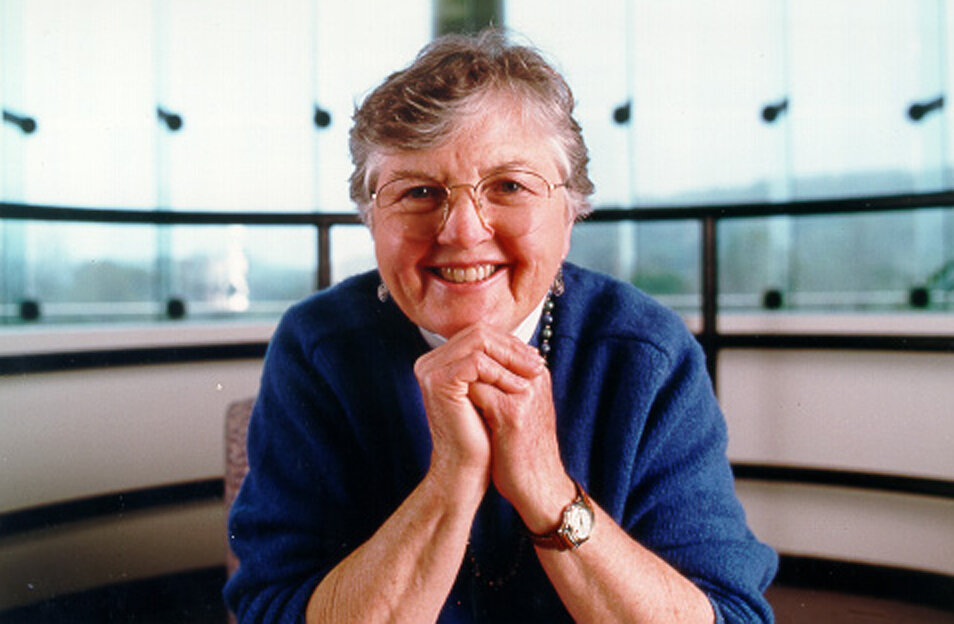The first female scientist to receive the Turing Award: Who is Frances Elizabeth Allen?
Frances Elizabeth Allen, born August 4, 1932, is an American computer scientist. Allen has worked on improving compilers and is known for her work.

Growing up on a farm in New York, Allen had a successful education life. She studied mathematics at the State University of New York at Albany and the University of Michigan.
After teaching for a while, she joined IBM Research in Poughkeepsie, New York on July 15, 1957, as a programmer. She taught incoming employees at IBM Research the basics of Fortran, a programming language suitable for numerical computation and scientific operations. She had joined IBM Research to pay off her student loan debts, and when she paid them off she considered returning to her teaching job. But she couldn't leave IBM during her 45-year career.
Frances Elizabeth Allen (August 4, 1932 – August 4, 2020) was an American computer scientist and pioneer in the field of optimizing compilers. Allen was the first woman to become an IBM Fellow, and in 2006 became the first woman to win the Turing Award.
She was assigned to the Harvest project with the National Security Agency (NSA) in 1959. The Harvest project was for code-breaking where she worked on the Alpha programming language. Alpha is a high-level code-breaking programming language. She was one of the three designers of IBM's Stretch-Harvest project and led the compiler optimization team for the projects.
She then moved on to the ACS-1 (Advanced Computer Systems) project. She worked at the Thomas J Watson Research Center for the project. Allen created the machine- and language-independent optimization component of the compiler.
This work led her to write an article on Program Optimization, which was first published in 1966. This article opened up new horizons in program optimization. A robust framework for program analysis and optimization and a set of powerful new algorithms have been announced.
She contributed to the development of PL/I, a procedural programming language developed by IBM in the 1970s. She published an article on control flow analysis in 1970. She introduced two concepts in her previous article that are major advances in control flow abstractions: “ranges” and “node dominance relationships”. Meanwhile, she worked at New York University on leave from 1970-1971. She later worked as an assistant professor for several years. She also served at Stanford University in 1977.
Her article "Optimizing Conversions Catalogue", published in 1972, described conversions that are still widely used today.
Between 1980 and 1995, she directed IBM's work in parallel computing. She helped develop the software for IBM's Blue Gene project. In 1989, she became the first woman to be appointed an IBM Fellow. The fellow is the highest honor a scientist, programmer, or engineer can achieve at IBM.
Allen retired from IBM in 2002 but remained committed to the company as an Emerita Fellow.
Allen is also known for her seminal contributions to the world of computing. She continues to be at the forefront of compiler research, with automatic parallelization and cross-procedural analysis work. As a result of her work, this technology has been transferred to products such as the COBOL Compiler, Parallel FORTRAN Product, and STRETCH HARVEST Compiler.
Her life has been accidental in many ways. She continued her life as a teacher by working in the programming business. When she first started at IBM, her first task was to learn FORTRAN, a programming language that IBM had just announced (3 months ago). Later, she transferred what she learned to other employees.
Allen was a committed person to her work team. She was trying to do different work in the computer and programming world. At the same time, she especially supported women in business life. She even mentored IBM's mentoring program for many years.
